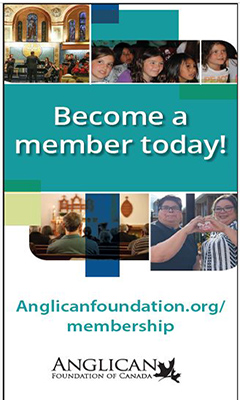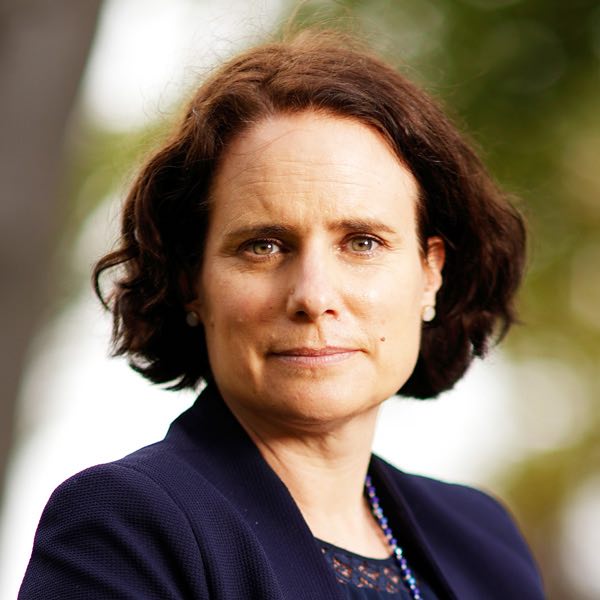At a recent meeting of the Canadian House of Bishops, we were discussing the possibility of asking General Synod 2022 to pass an aspirational statement about being a postcolonial church. While the bishops in my small group, which included Indigenous and settler bishops, wholeheartedly embraced the sentiment behind this statement, there was general agreement that we do not in fact know what postcolonialism means or what a postcolonial church would look or act like.
In the late 90s, I was blessed to be the research assistant for Dr. Kwok Pui Lan as she worked on a book called Postcolonial Imagination and Feminist Theology. My part in her research was very small and mostly involved searching library stacks and checking footnotes. But what I learned from her was immensely helpful and is something I am only just beginning to understand.
Pui Lan taught me that to move beyond the colonialism that pervades the church and society, we are going to need imagination. We can’t just stop being colonial one day and start being postcolonial another. Rather, it is going to be a journey and it is going to require our God-given imaginative gifts. In her book Pui Lan says that “to imagine means to discern that something is not fitting, to search for new images, and to arrive at new patterns of meaning and interpretation.”
I came away from that meeting of bishops feeling that it is, as yet, much too early to claim to be anything even approximating a postcolonial church, but I also came away with a fresh energy and commitment to postcolonial imagination.
The meeting of the House of Bishops happened the same week as the National Day of Truth and Reconciliation. As part of marking the day, Archbishop Mark MacDonald and six other Indigenous bishops in our church talked of the challenges and the hopes of the communities they serve. They also showed us an excellent half-hour film called Reclaiming Our Spiritual Wholeness: Our Journey to Self-Determination. I commend this film to you as it sparked my imagination and helped me see with fresh eyes and an open heart.
I would also encourage you, if you haven’t already, to read Challenging Racist “British Columbia” (www.challengeracistbc.ca) and to join in one of our upcoming facilitated sessions (watch the diocesan website for details in the new year). Part of the journey to postcolonialism must include understanding our colonial history and then trusting God to help us imagine and incarnate a new postcolonial way of being.



